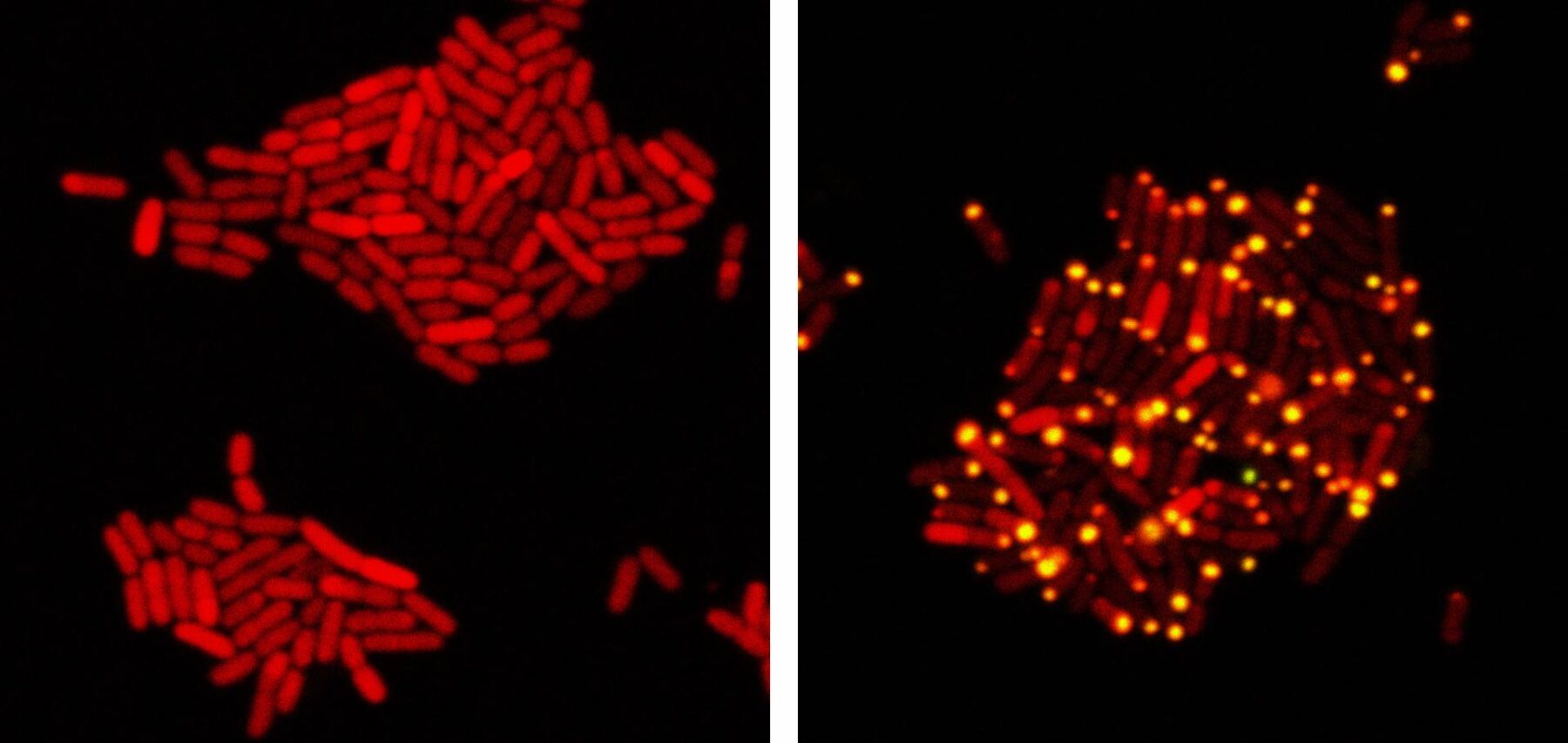
An oral cholera vaccine (Shanchol) given as part of routine health services is safe and protects against severe cholera in children and adults in urban Bangladesh where the disease is endemic, according to the first real-life trial of this vaccine published in The Lancet. The findings lend support to the use of the vaccine in routine mass vaccination programmes to help to control cholera in endemic countries.
The study shows that even with moderate vaccination coverage, cases of severe, life-threatening cholera were reduced by nearly 40% among the vaccinated, including children aged 5 years and under who are especially vulnerable to severe cholera. Surprisingly, a supplementary campaign to encourage hand-washing and to provide clean drinking water provided little additional protection.
Over 1 billion people are estimated to be at risk of cholera in more than 50 countries where it is endemic. Around 2.8 million cases and 91000 deaths occur every year in endemic regions. Cholera is an infectious disease that causes acute watery diarrhoea, which spreads from person to person through water or food contaminated by Vibrio cholerae bacteria. Up to 40% of people with cholera develop severe dehydration that, if untreated, can be fatal.
While oral cholera vaccines have been used to protect travellers from high-income countries for more than a decade, they have not been used for widespread control of the disease in endemic regions. Shanchol is one of two internationally licensed killed whole-cell oral cholera vaccines currently available. Although the vaccine is effective, easy to administer, and relatively inexpensive at US$ 1.85 per dose , its feasibility and effectiveness in a real-life setting was not known until now.
The ‘Introduction of Cholera Vaccine in Bangladesh’ feasibility study included almost 270000 residents aged 1 year and older from the urban slums of Mirpur in Dhaka who were at high risk of cholera infection due to overcrowding and poor sanitation. Residents were cluster-randomised by dwelling to receive either oral cholera vaccine (94675), oral cholera vaccine plus a behavioural change programme to improve hand-washing and to provide clean drinking water (92539), or no intervention (80056).
The vaccine was given in two doses 14 days apart through routine government health services. The vaccination campaign was well accepted by the local community. Despite a highly mobile population, 65% of the vaccination only group and 66% of the vaccination and behavioural change group received two complete doses.
Vaccination with two doses reduced the overall incidence of severely dehydrating cholera by 37% after 2 years in the vaccination group and by 45% when used in combination with the hand washing and clean drinking water programme. Analysis of individual protection showed the vaccine gave 53% protection against cholera during the 2 year follow-up.
The vaccine was well tolerated with no serious adverse effects reported. The majority of adverse events were mild or moderate—the most common were acute watery diarrhoea, vomiting, abdominal pain, and fever.
The Latest on: Cholera
[google_news title=”” keyword=”Cholera” num_posts=”10″ blurb_length=”0″ show_thumb=”left”]
via Google News
The Latest on: Cholera
- Toddler dies as France's Mayotte seeks to contain cholera epidemicon May 9, 2024 at 3:59 am
A three-year-old boy has become the first person to die in a cholera epidemic that has gripped the French overseas department of Mayotte since March. Health Minister Frédéric Valletoux was travelling ...
- A new cholera vaccine will increase supply, but will it be enough to manage global outbreaks?on May 9, 2024 at 1:31 am
Along with a new manufacturing plant that will be at full capacity next year, EuBiologics will be able to produce 50 million cholera vaccine doses in 2024, and 80 million in 2025, said Lynch — most of ...
- Cholera cases surge in Kenya amidst flooding crisison May 8, 2024 at 2:21 am
Flooding in Kenya's Tana River County has escalated the threat of cholera, with 44 reported cases highlighting concerns about the spread of water-borne diseases. The World Health Organization (WHO) in ...
- Dozens of cholera cases reported in flood-hit Kenyaon May 8, 2024 at 1:42 am
The United Nations voiced concern on Wednesday after dozens of cases of cholera were reported in Kenya which has been hit by weeks of destructive rains and floods. The World Health Organization (WHO) ...
- Study underscores new strategies to fight drug-resistant bacteriaon May 7, 2024 at 12:41 pm
Several billion years ago, a genetic arms race began between bacteria and their viral killers. This seemingly eternal struggle continues today, with implications for diseases killing tens of thousands ...
- As cholera cases rise worldwide, health officials sound 'concerning' alarm about vaccine shortageson May 6, 2024 at 2:24 pm
As cholera continues to surge — and as vaccines remain in short supply — experts are warning about the global risk. Here's what to know about the bacterial disease.
- Stop Cholera Before it Starts: Doctor Shares Essential Tips To Prevent Choleraon May 4, 2024 at 7:35 am
With increasing cases of Cholera in the country it is important for us to know how to avert the risk of cholera ...
- Cholera is making a comeback — and the world doesn’t have enough vaccineson May 2, 2024 at 3:30 am
She previously worked at Business Insider covering the military and global conflicts. Amid a global resurgence of cholera, the world is fighting with one hand tied behind its back. The global ...
- ‘People are scared’: Scramble to stop spread of cholera as rising cases grip France’s Mayotteon May 1, 2024 at 6:05 am
Cases of the highly infectious disease cholera rose in the last week in the poorest French region located off the coast of Africa.
- Demand for the cholera vaccine is soaring – this company might have a solutionon April 25, 2024 at 10:02 am
Cases of cholera have surged across much of the world, accelerated by war, climate change and population displacement Credit: Tsvangirayi Mukwazhi/AP In the global race to provide enough vaccines ...
via Bing News











